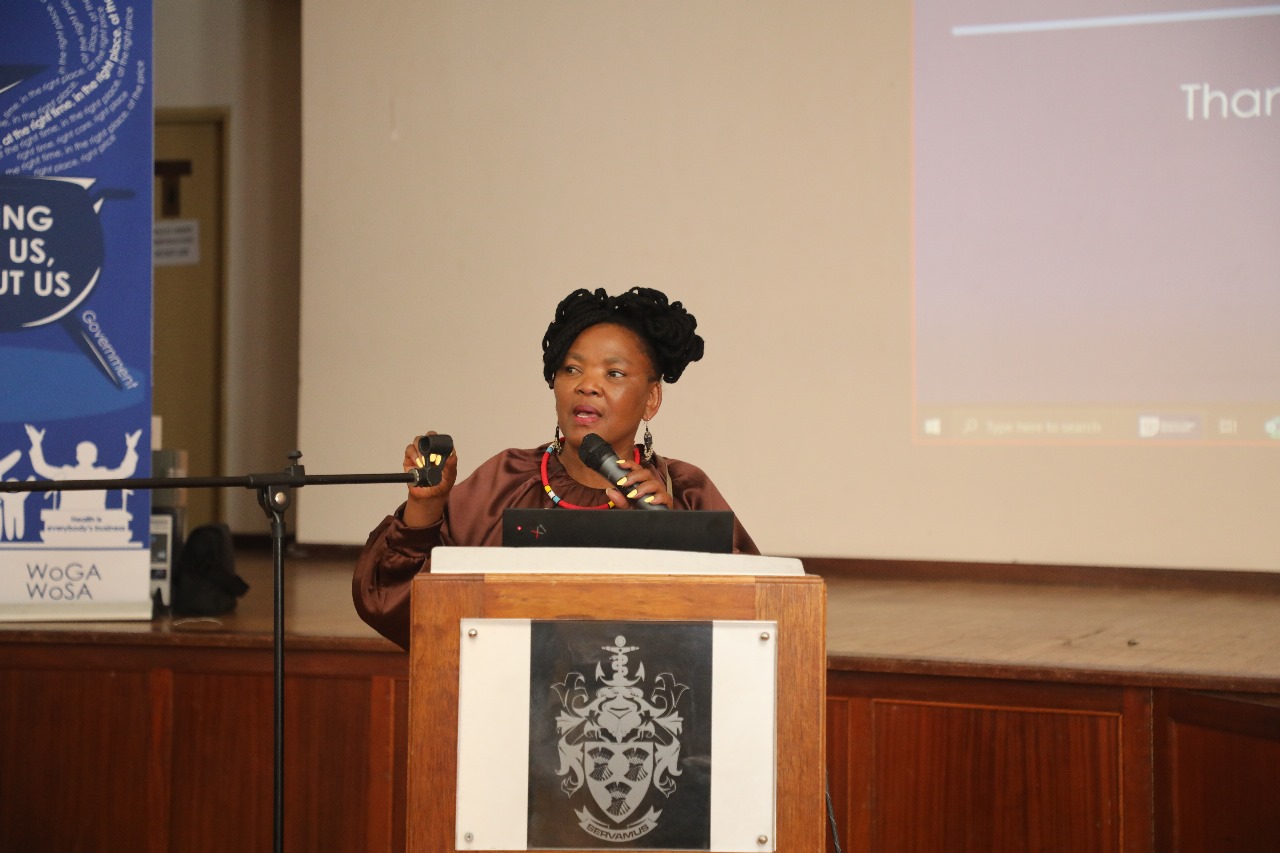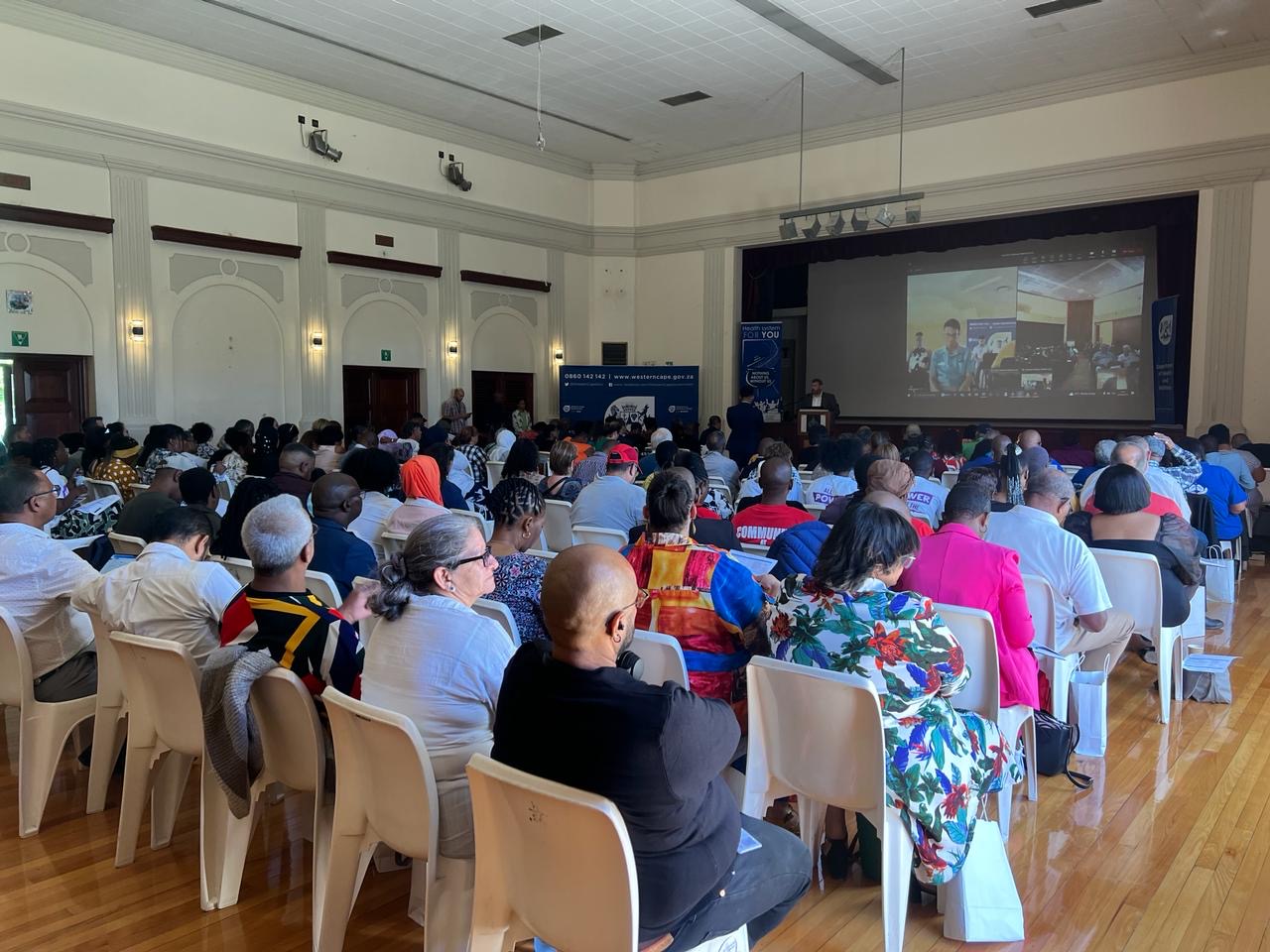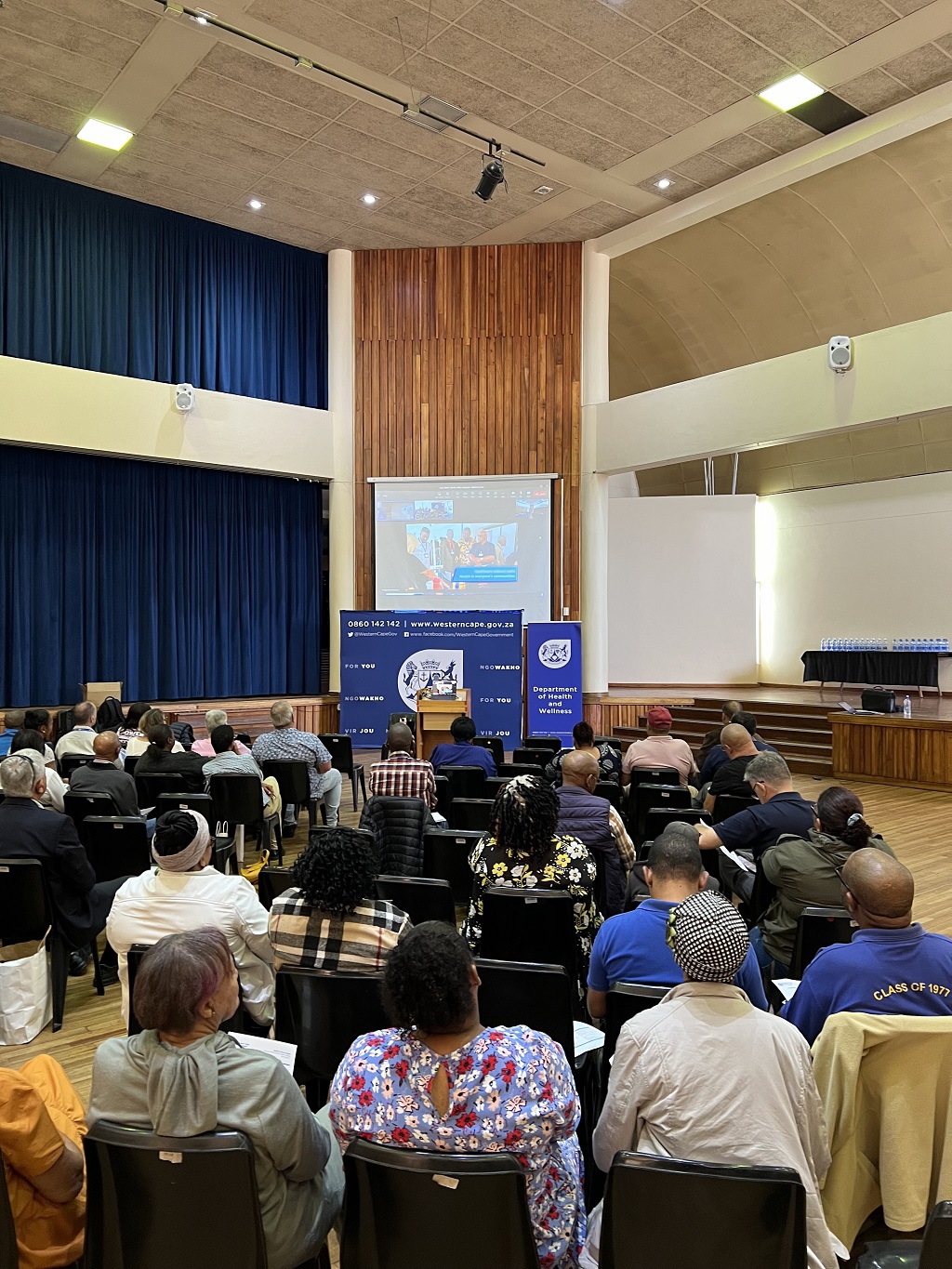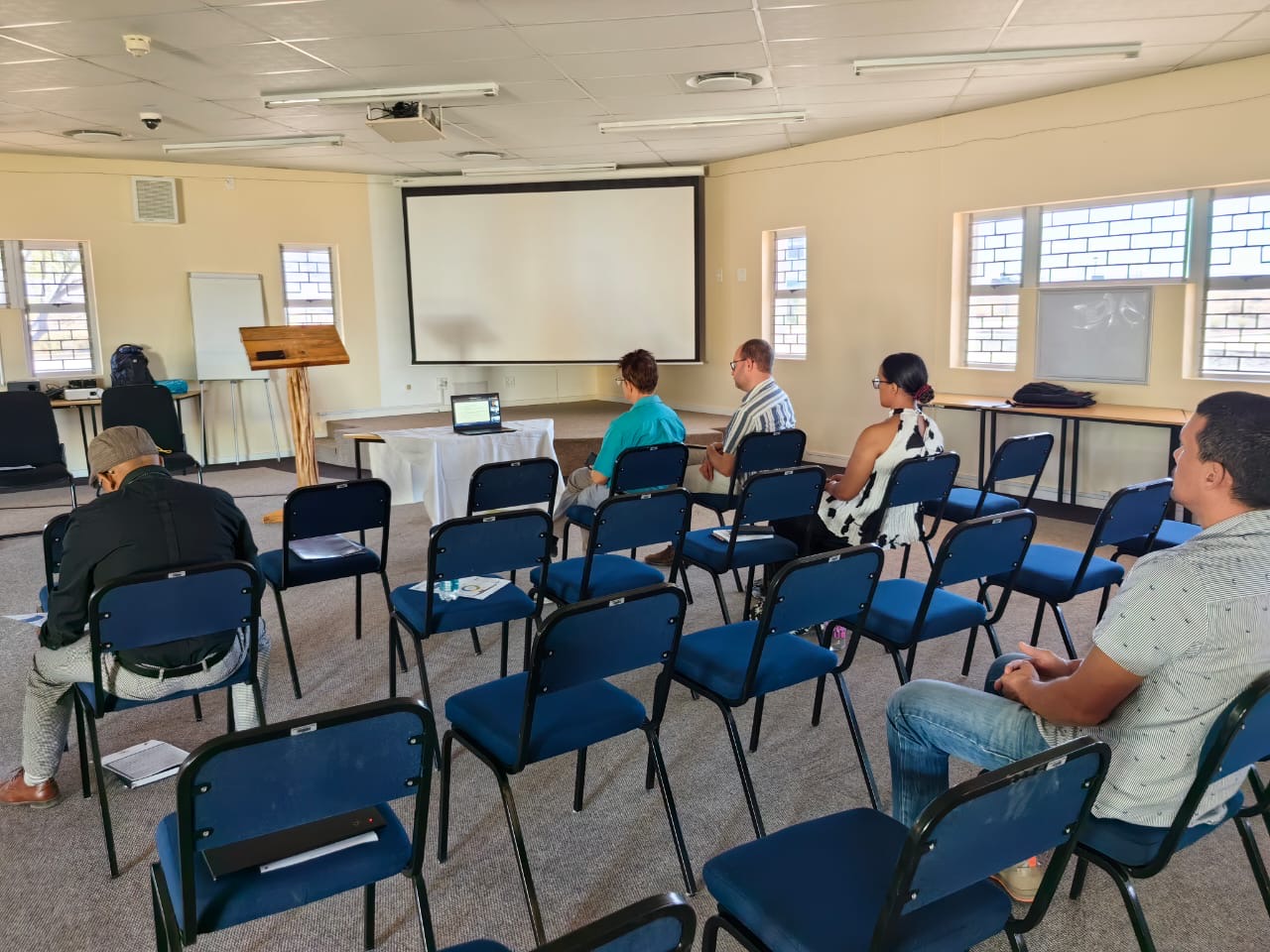
News
Department of Health and Wellness to face a R807 million shortfall
Department of Health and Wellness to face a R807 million shortfall in the upcoming financial year
Today, Western Cape Minister of Health and Wellness, Professor Nomafrench Mbombo as well as senior management officials from the department, engaged various health stakeholders on the impact of the 2024/25 budget, particularly after significant cuts had to be made to the budget during the 2023/24 financial year following cuts made by National Treasury.
In health, this is an impact that is being felt as we speak, especially noting that the National Equitable Share formula has decreased the percentage allocation to the Western Cape despite the fact that its percentage population and burden of disease has increased.
Budget allocation
Between 2023/24 and 2024/25, the department’s allocation has only increased by 2.5% to R30.489 billion - at the same time, inflation in January 2024, as per Statistics South Africa, has been 5.3% and the medical sector inflation rate has been 6.5%. Owing to these inflation rates being larger than the increase in our budget allocation, it means that the department is experiencing a real decrease in its budget and has had to absorb the costs of rising inflation.
While this has been an ongoing trend for the health sector, the department has already had to manage a decrease in its baseline budget as well as an increase in the public wage bill last year and this year.
This means that for every R100 000 of the department’s budget that was allocated last year, R105 250 would be needed to offer the same services when accounting for inflation in this year. Instead, the department essentially received R102 500. This means when considering the department’s R30.4 billion budget, the Department of Health and Wellness will experience a shortfall of R807.866 million. It is important to note that these figures are based on conservative rates of inflation and do not account for possibly increases in operational costs.
Service impact
The budget shortfall that the department faces this year has real consequences across the health platform, most notably in the service delivery programmes where:
- Metro Health Services will face a real decrease of R281 million;
- Rural Health Services will face a real decrease of R187 million;
- Tygerberg Hospital will face a real decrease of R109 million; and
- Groote Schuur and Red Cross War Memorial Children’s Hospitals will face a combined real decrease of R132 million.
Filling of posts:
At the end of 2023, the department had a total of 34 979 funded posts of which 33 021 were filled, equating to 94.5% of posts filled.
However, noting the increased wage bill and budgetary pressures, these 1 958 vacant posts have now become unfunded.
As the 2024/25 financial year unfolds, districts will have to make wise choices in terms of prioritising the filling of the vacant posts and will have to be cognisant of the fiscal framework in which the country is operating.
Moving forward
The impact of the decreased real budget means that the department will continue with its cost-saving interventions, as well as applying extra focus on service prioritisation and redesign. The reality is that the public health system will remain under pressure for the next 3 to 5 years.
However, the Western Cape Department of Health and Wellness has been proactive in forming stronger partnerships both internally and externally so that it can ensure our resilience during these challenging times.
Towards the end of last year, the department engaged external stakeholders – notably those in civil society, higher education institutions, private health sector and organised labour – on reaching a common purpose in working together even closer in the years to come.
Internally, senior management have formed a framework and set of principles for healthcare service repriorisation and are actively engaging our various health districts on using these guidelines to remain within the constrained budget envelope.
Minister Mbombo highlighted that, “The process of engagement is crucial to any healthcare system, especially on any health journey that requires change to the status quo. Today’s event provided a platform for all voices to be heard and engaged as the department navigates the challenging fiscal framework.”
“As we move forward, will continue with these budgetary engagements on a local level in our various districts over the next two months. Equally so, our structures must continue to share their learnings and cross pollinate ideas as to ensure best practise.”
“We will continue to build on our previous successes so that we can offer innovative solutions in the years to come. Health is everyone’s business, and we will ensure that we leave no one behind.”









